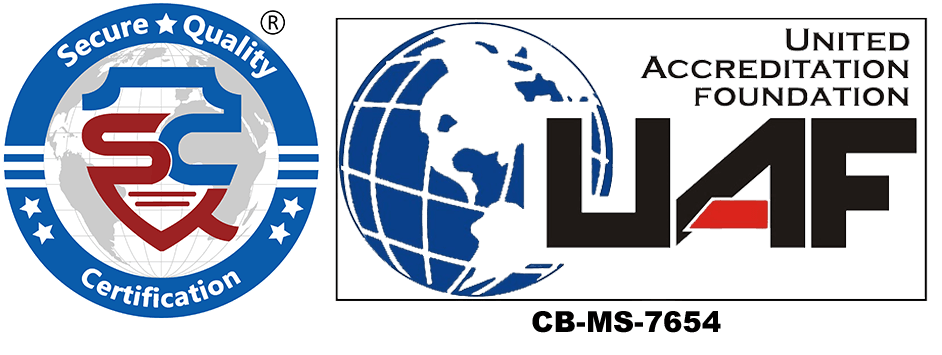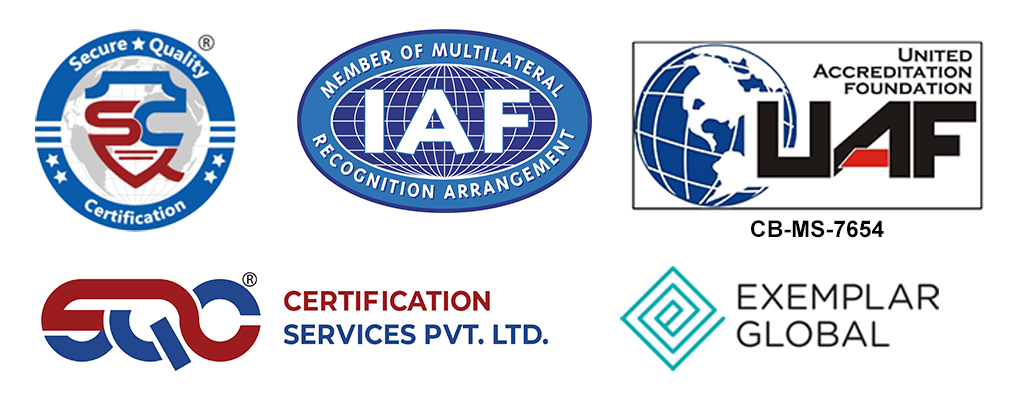Improved Quality and Consistency
ISO accreditation ensures that your business adheres to certain processes, which will result in providing products and services that exceed your customer’s and regulatory requirements. This leads to:
- Fewer errors and rework
- Consistent product quality
- Better customer satisfaction
Improve Operational Efficiency
ISO standards aim to inspire companies to review their procedures and determine which steps are adopted to meet requirements and to eliminate unnecessary steps from the workflow.
- Time and cost savings
- Reduced waste and resource usage
- Smooth and predictable operations
Stronger Risk Management
ISO certified organizations are better able to recognize, evaluate, and proactively manage risks. ISO standards such as ISO/IEC 27001 for information security and ISO 45001 for occupational health and safety management give you protection against unforeseen disruption and threats to your business.
- Reduced business interruptions
- Enhanced workplace safety
- Better crisis preparedness
Competitive Advantage in the Market
It sets your business apart from the competition as it boosts your reputation and appeals to prospective customers, partners, and investors, particularly when you’re competing for contracts or entering new markets.
- Easier entry into new markets
- Qualification for government and international tenders
- Better chances of winning contracts
Regulatory and Legal Compliance
ISO standards are based on laws and regulations around the globe. Adopting ISO ensures your business is compliant at all times with legal requirements without being subject to fines or damaging its reputation.
- Ensures legal compliance
- Minimizes regulatory penalties
- Facilitates audits and inspections
International Recognition
ISO certifications are recognized globally. For businesses looking to expand globally, being ISO certified provides credibility and trust, making it easier to do business across borders.
- Builds global credibility
- Simplifies international trade
- Opens doors to tenders & global partnerships
Improved Supplier and Partner Relationships
Having an ISO certification can enhance relationships with vendors, suppliers, and business partners. Many organizations prefer to work only with ISO-certified businesses because it ensures reliability, standardization, and trust.
- Streamlined supply chain
- Better coordination
- Reliable procurement processes
ISO certifications aren’t just fancy labels — It is tangible and transformative tools that help organizations elevate their standards and thrive in a competitive landscape. From improving internal operations and engaging employees to meeting legal obligations and building customer trust, the benefits of ISO Certification are comprehensive and long-lasting.

